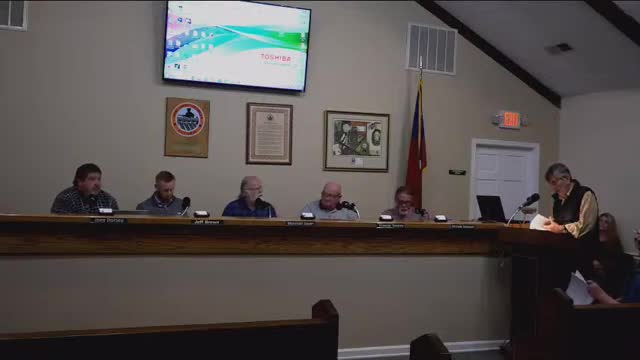Article not found
This article is no longer available. But don't worry—we've gathered other articles that discuss the same topic.
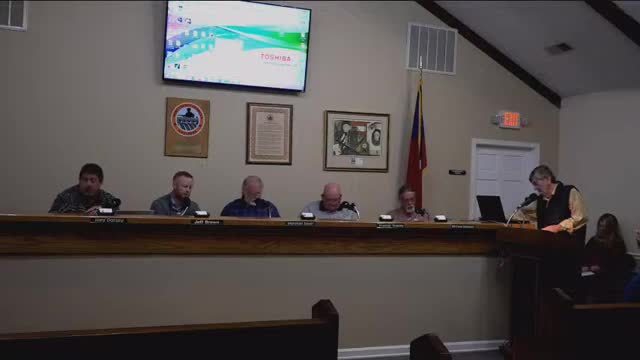
Board advances first reading, enacts 60-day moratorium and schedules work session on land-development amendments
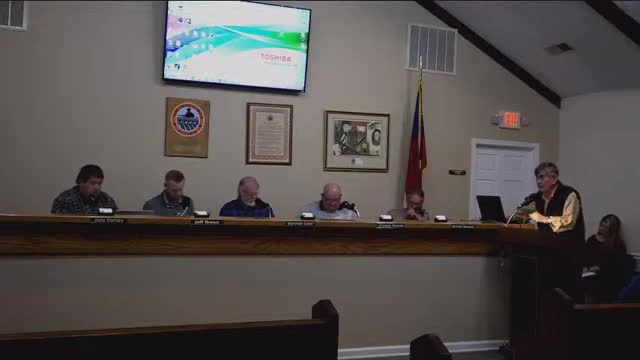
Board raises select transfer-station fees; out-of-county and yard-waste rates increased in unanimous vote
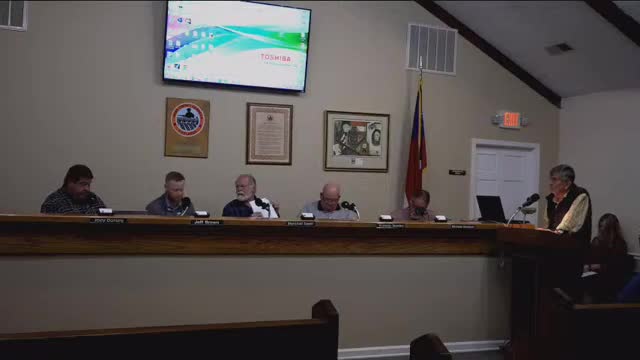
Commissioners direct staff to seek comprehensive road-engineering study and add Clay Brown Road to striping list
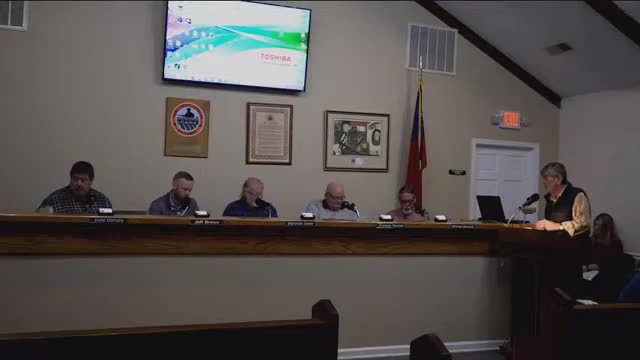
Commissioners give first reading to manufactured-home ordinance changes requiring certified home-inspection reports
